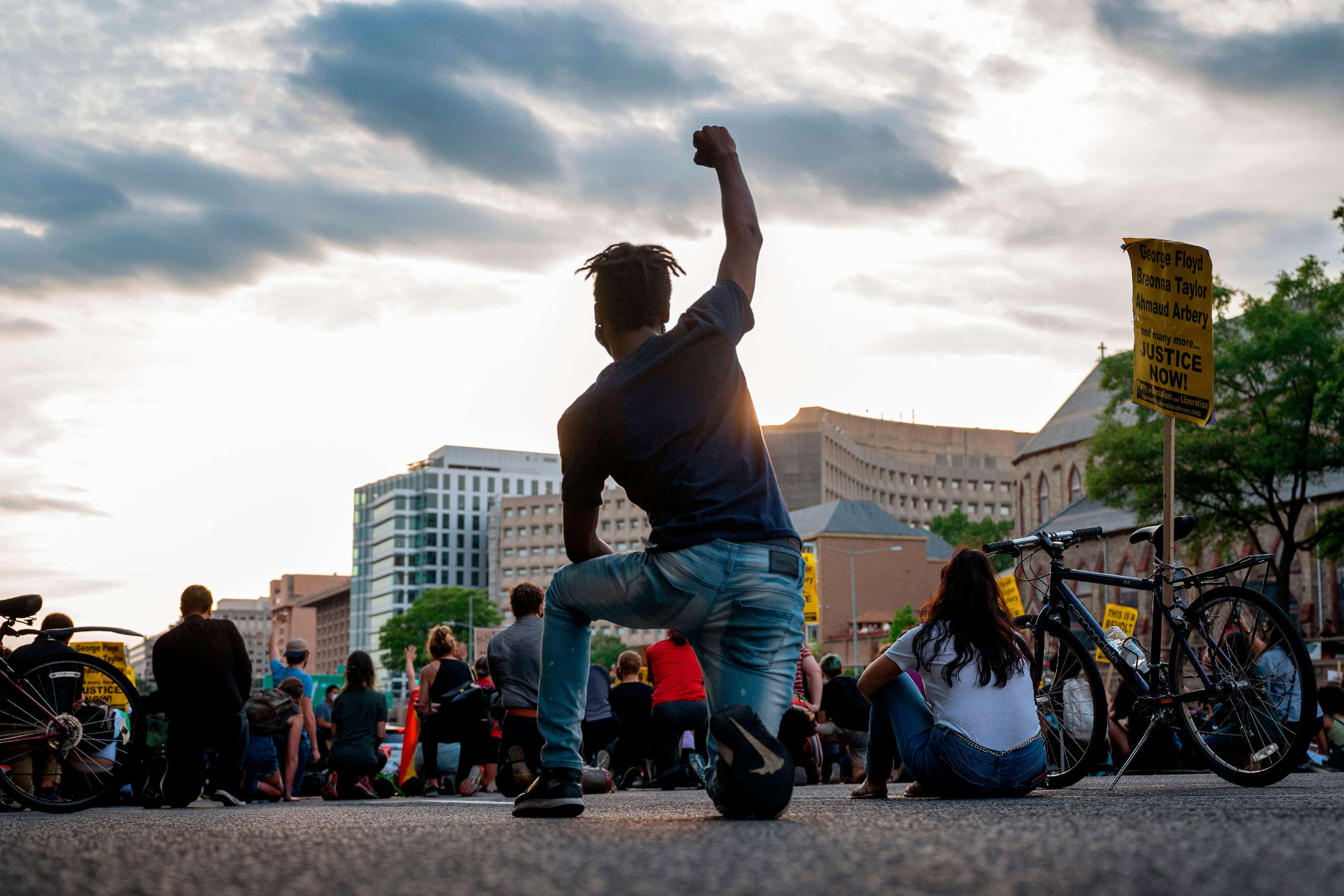Part of the Series
The Public Intellectual

In this interview, Henry A. Giroux argues that the current rebellions taking place across the globe offer new hope for both educating people about the interrelated registers of racism, militarism, neoliberalism and scandalous inequality. This is a diverse political rebellion inspired by the Black Lives Matter movement that is arguing not simply against police violence, but for real structural change that begins with defunding the police to changing the totalizing infrastructures of power and injustice that have been used against people of color since the time of slavery.
The interview explores what is distinctive about the current rebellions and what it might take for them to become organized as mass, international political movements against what they recognize, especially in the United States, as a fascist government. Giroux also talks about the need for rethinking the meaning of politics and the need for a radical vision that denounces capitalism, while offering insights about what a democratic socialist society would look like in the future. He stresses the need for a new narrative that is comprehensive in its political understanding and brings together the different threads of protests under the banner of the struggle for a radical democracy. Central to such a task, is reclaiming the notion of civic literacy, critical education, and the ability to speak with and to people in a language in which they can recognize themselves in order to rethink the problems in which they find themselves. At issue is the ability to move away from the depoliticizing neoliberal pedagogical practice of collapsing the public into the private, normalizing the notion that all problems are a matter solely of personal responsibility, and erasing larger systemic and institutional considerations.
Giroux raises the question of how we make education central to politics as part of a broader struggle over language, identity, values and agency. Central to such a task is the challenge to speak, write, organize and produce in a language, medium and narrative that connects matters of politics and power and everyday troubles in ways that make them meaningful in order to make them critical and transformative. Finally, he talks about a growing international movement among youth that raises new hopes for rethinking what kind of future they might want and what it will take for them to make it happen. He stresses the need to make power visible, engage in an anti-fascist struggle and develop political formations outside of the traditional political parties.
Join us in defending the truth before it’s too late
The future of independent journalism is uncertain, and the consequences of losing it are too grave to ignore. To ensure Truthout remains safe, strong, and free, we need to raise $27,000 in the next 24 hours. Every dollar raised goes directly toward the costs of producing news you can trust.
Please give what you can — because by supporting us with a tax-deductible donation, you’re not just preserving a source of news, you’re helping to safeguard what’s left of our democracy.